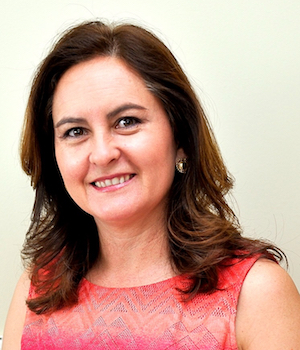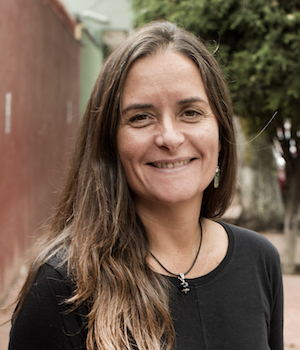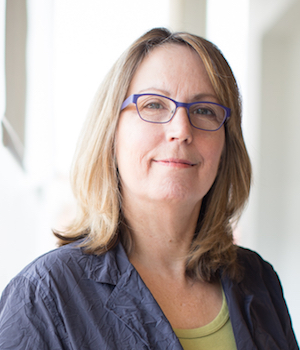The Global Refugee Crisis: Changing Health Needs
B3) The Global Refugee Crisis: Changing Health Needs
An unprecedented 65 million people worldwide have been displaced from their homes, many by war, persecution and violence. The refugee crisis has ensnared people in Africa, the Middle East, Asia, the Americas and Europe and shows no sign of abating. Many displaced people need care for trauma, malnutrition and infectious disease, and international aid organizations have specialized in providing rapid-response acute care.
But increasingly, migrants and refugees arrive with chronic health issues such as diabetes, heart disease or kidney failure, and settle in middle-income urban areas. Adding to the challenge, people are increasingly being displaced for decades, not just months or years, leading host governments and aid groups to think beyond tents and camps and experiment with new ways of delivering health care and social services, including integrating people into the host country’s health care system and economy. Some populations, including migrants from Latin America to the United States, they were healthier in their home countries than they become in the host country.
This session looks closely at the mental health needs of refugees, many of whom have been victims of violence, sexual exploitation and persecution in their native countries and during travel. Depression, anxiety and PTSD can be amplified by cultural dislocation, language barriers and unemployment in their host countries. Many people with untreated problems come from cultures where mental disorders are stigmatized, and having peers provide care in people’s native language can help overcome the stigma. We will discuss an experiment with mental health care delivery via telemedicine for Syrian refugees and the hidden crisis of trauma and mental health with migrants in Central America and Mexico.




